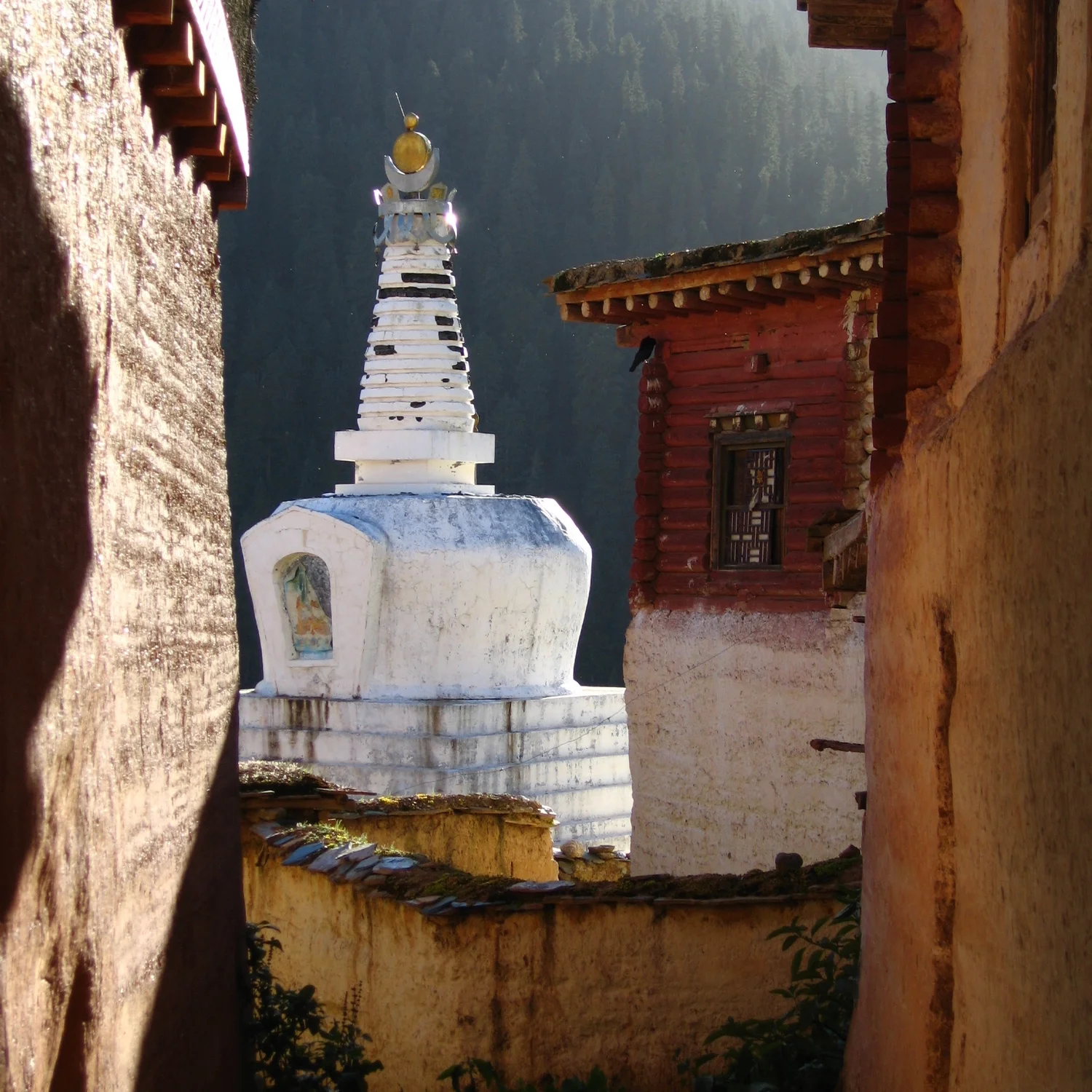In the mid-90s, I was living and working as an ESL teacher at a private school in Kanazawa, Japan, a couple of hours by train from my relatives living in Kobe. I liked to visit them at least once a month to get to know them and stave off homesickness. The train ticket usually cost about $150. Sometimes I took the bus to save money, even though it was a much longer trip.
One day, our office boy, Kazu (who also worked part-time for a travel agency) told me that he could get me a free ticket to Kobe that weekend. He was booking a chartered bus which had an empty seat. The only catch, he explained, was "Overnight bus. Maybe you be tired." I said sure, that would be fine, "I can sleep on the bus." He gave me a quizzical look and said, "Ahhh...no sleep." As a foreigner, I was by then used to getting quizzical looks from the locals, so I didn't comment or think much about his hesitation.
When the weekend came, my boss and his wife offered to drive me to the bus station. "So, Kazu got you on the overnight bus. Have you ever taken overnight bus before? You might be too tired when you get there." I said that I had taken other overnight buses and I could always fall asleep. "Hm. I guess you won't sleep," my boss said. I assumed he figured it would be too uncomfortable, so again I said nothing.
They dropped me off and said, smirking, "Okaaaay...have a nice trip. Let me know how you sleep." In retrospect, I should have wondered why they were smirking.














